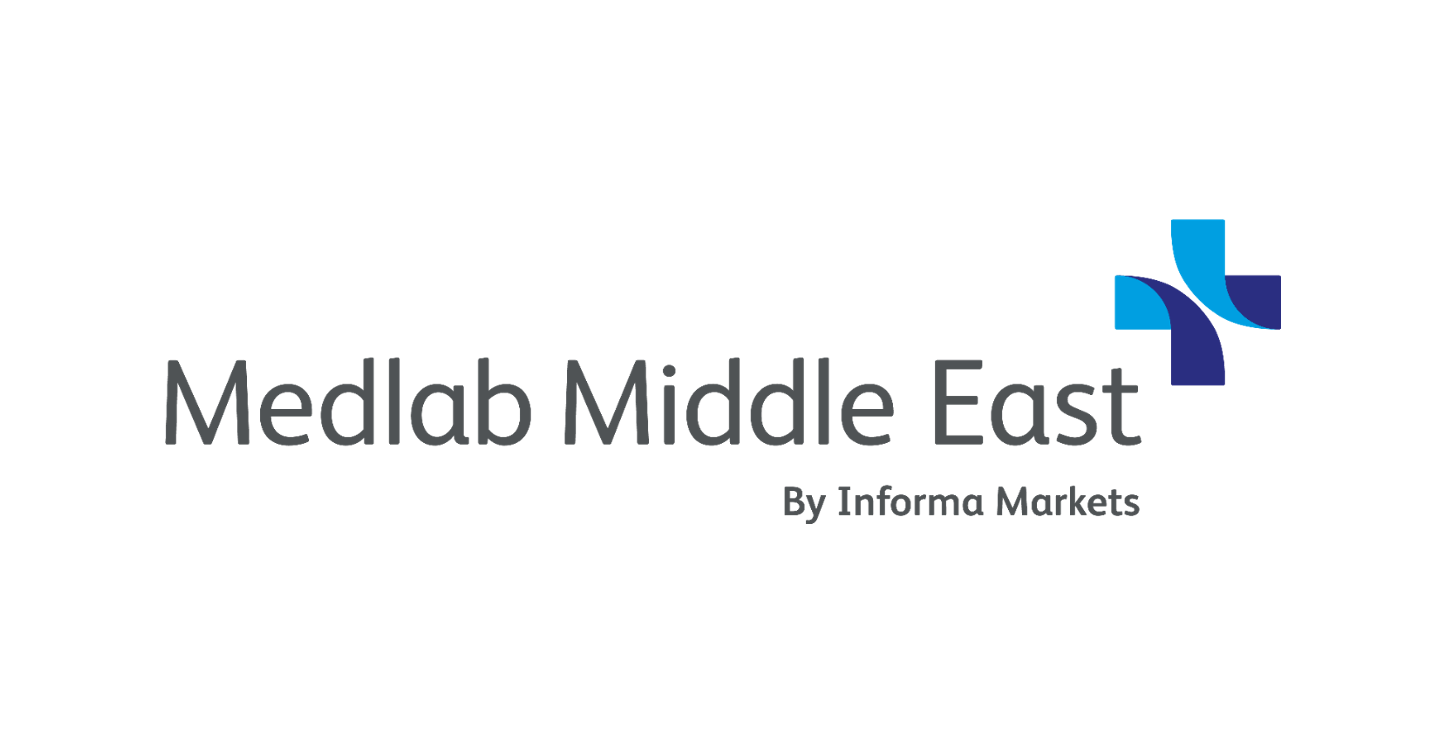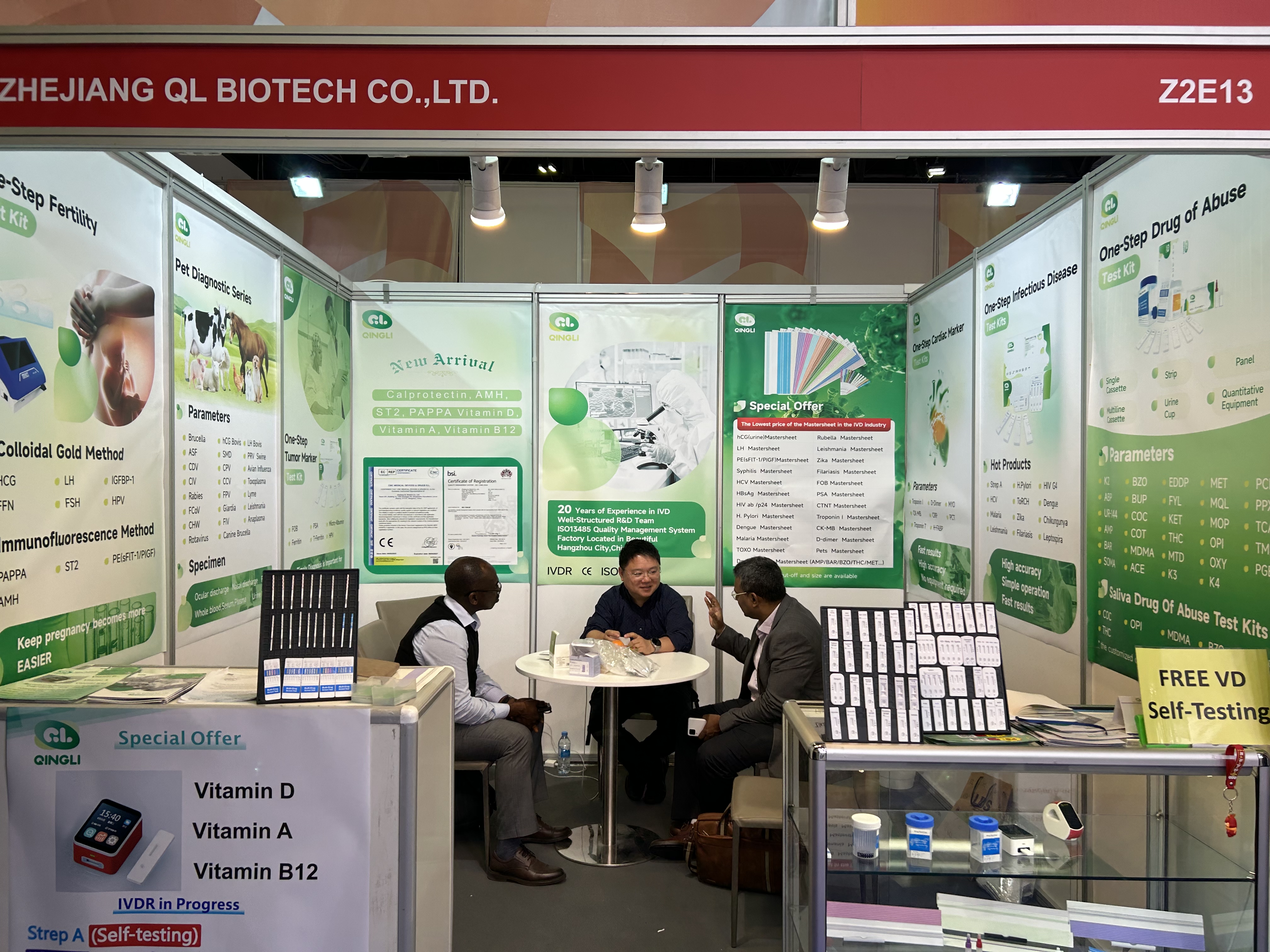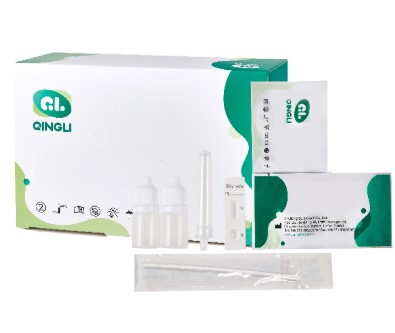How often should Tuberculosis Rapid Test Kits be used for regular screening?
Introduction to Tuberculosis and Its Impact
Tuberculosis (TB) remains a critical public health issue worldwide, with millions of new cases and deaths reported annually. This infectious disease, caused by the bacterium Mycobacterium tuberculosis, primarily affects the lungs but can also impact other parts of the body. Efforts to control TB are essential to improving global health, and regular screening is an important component of these efforts.
Understanding Tuberculosis Rapid Test Kits
TB Rapid Test Kits have emerged as an efficient tool for quick diagnosis. These kits are designed to provide results within minutes, enabling faster response and treatment. Manufacturers, factories, and suppliers play a crucial role in ensuring the availability and reliability of these testing kits, which are indispensable in resource-limited settings.
Components and Functionality
TB Rapid Test Kits typically consist of a simple testing device and a sample collection method, which may involve sputum or blood. The device detects specific antigens or antibodies associated with TB infection, utilizing advanced biochemical technologies.
Frequency of TB Screening: General Recommendations
The frequency of TB screening varies depending on several factors, including the prevalence of the disease in a given region and the resources available. For countries with high TB prevalence, the World Health Organization (WHO) recommends routine screening, particularly in populations at high risk.
Statistical Rationale for Regular Screening
Regular screening can significantly reduce the transmission rate of TB. Studies have shown that early detection and treatment can lower the infection rate by up to 50%. Implementing regular TB screening in endemic areas can lead to a measurable decrease in the number of new cases.
High-Risk Populations and Screening Needs
Certain populations are at a higher risk of contracting TB, necessitating more frequent screenings. These groups include individuals with compromised immune systems, healthcare workers, and people living in close quarters, such as correctional facilities or shelters.
Targeted Screening Strategies
For high-risk populations, screening every six months is often recommended. This strategy ensures early detection, reducing the risk of severe outbreaks. Tailoring screening frequency to the needs of these groups can enhance the efficacy of TB control programs.
Balancing Cost and Accessibility
While regular screening is crucial, it must be balanced with cost and accessibility considerations. The production and distribution of TB Rapid Test Kits by manufacturers, factories, and suppliers must be economically viable to ensure widespread access.
Cost-Effectiveness Analysis
Economic models suggest that investing in regular TB screening can result in long-term savings for healthcare systems by reducing the number of advanced TB cases that require extensive treatment. The cost per screening event must be weighed against the potential healthcare savings.
Impact of Regular Screening on TB Control
Regular screening has a profound impact on controlling TB. By identifying and isolating cases early, transmission is reduced, leading to lower incidence rates over time. The effectiveness of regular screening is evident in regions where TB rapid testing has been widely implemented.
Quantitative Benefits
Data from regions with active screening programs demonstrate a reduction in TB incidence by 30% within five years. These results underscore the importance of maintaining consistent and frequent screening protocols.
Technological Advancements in TB Testing
Continuous advancements in the design and functionality of TB Rapid Test Kits enhance their accuracy and reliability. This progress benefits all stakeholders, including manufacturers, factories, and suppliers, by improving the tools available for TB control.
Innovations in Test Accuracy
Recent innovations have improved the sensitivity and specificity of TB tests, reducing false positives and negatives. This increases the confidence in test results, supporting more effective TB control measures.
Challenges and Limitations of Rapid Test Kits
Despite their effectiveness, TB Rapid Test Kits face several challenges and limitations, including variability in test performance under different environmental conditions and the need for periodic quality control checks.
Addressing Limitations
Collaborative efforts between researchers, manufacturers, and suppliers aim to address these limitations. Developing robust quality assurance protocols and environmental adaptability enhances the reliability of rapid test kits.
Policy Implications and Implementation Strategies
Successful implementation of regular TB screening requires strong policy frameworks. Policies must support the distribution of TB Rapid Test Kits, and initiatives should be in place to train healthcare workers and educate the public on the importance of screening.
Strategic Partnerships and Collaborations
Forming partnerships between government agencies, non-profits, and suppliers is crucial for the effective distribution and implementation of TB screening programs. Collaborative strategies maximize resource utilization and coverage.
Conclusion: Optimal Screening Practices for TB Control
Considering all factors involved, TB Rapid Test Kits should be used strategically for regular screening, particularly in high-risk populations and regions with a high prevalence of the disease. Regular screening is a cornerstone of effective TB control, supported by reliable test kits from dedicated manufacturers, factories, and suppliers.
QL biotech Provide Solutions
QL biotech offers comprehensive solutions for TB screening, providing state-of-the-art Rapid Test Kits designed to meet the highest standards of accuracy and reliability. Our products are developed in collaboration with leading researchers and comply with international guidelines, ensuring that healthcare providers can confidently rely on our kits for effective TB control. We prioritize accessibility and cost-efficiency, making our solutions ideal for widespread implementation. Partner with QL biotech to enhance your TB screening efforts with our advanced biotechnological innovations.







